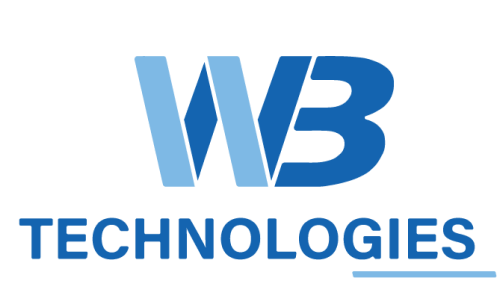
Melbourne Convention 2024: AI, Automation & Future Operations
Key trends shaping Victorian enterprise IT, data centers and cloud
Melbourne Convention and Exhibition Centre
21 March 2024
Scan & Share Event


W.Media Melbourne Convention 2024: AI, Automation & Future Operations
The return of the W.Media Convention to Melbourne in March 2024 occurs as data centers, cloud providers and enterprise companies can each look forward to opportunities driven by digital technologies.
Our Convention for Melbourne in 2024 will look at key aspects of realising the opportunities that the digital world will bring. How will the increasing deployment of generative AI shape Victorian organisations? How will the data centers and cloud providers that the processes rely on, respond? What will the growth in AI and automation mean for the way digital infrastructure is designed, built and operated? And for the skills required? How will these technologies and trends re-shape the expectation and delivery of key requirements – resilience, security, cost-efficiency and sustainability?
At the Convention for Melbourne in 2024, we will present thought-leading, industry-recognised speakers and panellists to look at these and other mission-critical issues. The convention will deliver insights, learning and opinions. Keynote presentations and panel discussions will be supplemented by exhibition halls, tech demonstrations and networking opportunities.
We’ll keep you updated with details of the Agenda, Sponsors and Speakers as we move through 2024.

As the world continues to become increasingly data driven, so our opening feature interview focuses on how it is possible to develop a data system at the extreme edge to deliver in situations where performance, safety and efficiency depend on the immediacy and accuracy of the data collected and of the split second decisions made

The impact of generative AI on demand for data centers has seen considerable growth over a short space of time. As AI evolves further, how will local data centers support this continuing level of growth? How will it be possible to design and operate data centers to do so? What role will cloud/super-cloud (and ‘edge’) play?
[To be confirmed]
As larger numbers of businesses and consumers across Australia transform via digitalisation, how is this changing the way data centers are operated? What does this mean for the design and build of data centers, whether on-prem, colocation or hyperscale? And how can increasingly unpredictable demand and a riskier operating environment be factored in?

[To be confirmed]
To be confirmed
What is the current view of data centers among the investment community? What are the factors influencing this view? Which locations regionally and in Australia are attracting interest? Why? What types of project? What is the future view of Melbourne as a destination for future industry investment?
As data centers become increasingly important across all aspects of life, so the amount of energy required to fuel the growing dependence on data centers increases also. As data center energy consumption and efficiency are more widely scrutinised so innovation and commitment to energy conservation is key. Is the industry doing as well as it can given its greater demand profile? What are the areas of possible sustainability benefit that can be considered in the future? How can these be delivered?
The evidence of other markets globally indicates that access to suitable cloud services is key to digital transformation. The technologies and systems that drive cloud don’t stand still – as the market requirements evolve, so will cloud deployment strategies. How will the role and the delivery of cloud need to evolve for Victoria going forward?
Digital technologies are already having a major impact on participation in sports and fitness regimes. It is over 40 years since the first fitness trackers were launched and since then the process of collecting and using data to enhance the involvement in sport among both participants and spectators and at professional and lifestyle levels has continued to evolve. What new innovations in sports technology can we look forward to? How will these impact sports management and participation, and the definition of performance? Which sports are leaders in the development and execution of these technologies?
This panel forum will present a debate between experts and will close with opportunity for questions and contributions from the audience.








